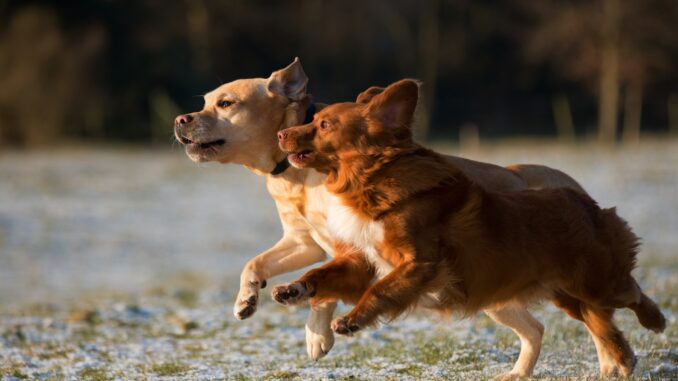
As pet owners, we strive to provide our furry friends with the best possible care. From a nutritious diet to regular exercise, we understand the importance of maintaining their physical health. However, there’s another crucial aspect that contributes to their overall well-being: socialization. In this blog post, we will explore the role of socialisation in pet health and provide you with practical tips to help your pets thrive in a social environment.
Understanding Socialisation:
Socialisation refers to the process of exposing pets to various social situations, people, animals, and environments to develop their social skills and build confidence. It is especially important during the early stages of their lives when they are most receptive to new experiences. However, socialisation remains vital throughout their lives to maintain their emotional and mental well-being.
Benefits of Socialisation for Pets:
- Improved Behaviour: Proper socialisation helps prevent behavioural issues such as aggression, fear, and anxiety in pets. It teaches them appropriate ways to interact with other animals and humans, leading to better behaviour both at home and in public.
- Reduced Stress: Pets that are well-socialised tend to be less stressed in unfamiliar situations. They are more adaptable to changes and less likely to exhibit signs of fear or anxiety when encountering new environments, people, or animals.
- Enhanced Communication: Socialisation enables pets to understand and interpret body language, vocal cues, and other forms of communication from humans and animals. This enhances their ability to interact and form positive relationships with both their human companions and fellow pets.
Tips for Socialising Your Pets:
- Start Early: Begin socialising your pets as early as possible. Puppies and kittens have a critical socialisation period between 3 and 14 weeks of age. During this time, expose them to various sights, sounds, people, and animals in a positive and controlled manner.
- Gradual Exposure: Introduce new experiences gradually, ensuring your pet feels safe and comfortable. Start with low-stress environments and slowly progress to more challenging situations. Reward positive behavior and provide reassurance throughout the process.
- Positive Reinforcement: Use treats, praise, and playtime to reward your pets when they display calm and appropriate behaviour during social interactions. This positive reinforcement helps them associate socialisation with positive experiences, making them more receptive to new situations.
- Controlled Introductions: When introducing your pet to new animals or people, make sure the environment is controlled and safe. Start with short and supervised interactions, gradually increasing the duration as they become more comfortable.
- Ongoing Socialisation: Socialization is an ongoing process that requires continuous exposure to new experiences. Regularly take your pets to different environments, such as parks, pet-friendly events, and training classes. Engage them in activities that involve interaction with other animals and people.
Socialisation plays a vital role in the overall health and well-being of our pets. By providing them with positive and controlled social experiences, we can help them develop confidence, prevent behavioural issues, and reduce stress. Remember to start early, use positive reinforcement, and continue socializing your pets throughout their lives. By doing so, you will enable them to thrive in a social environment and enjoy a happier, healthier life.
Leave a Reply